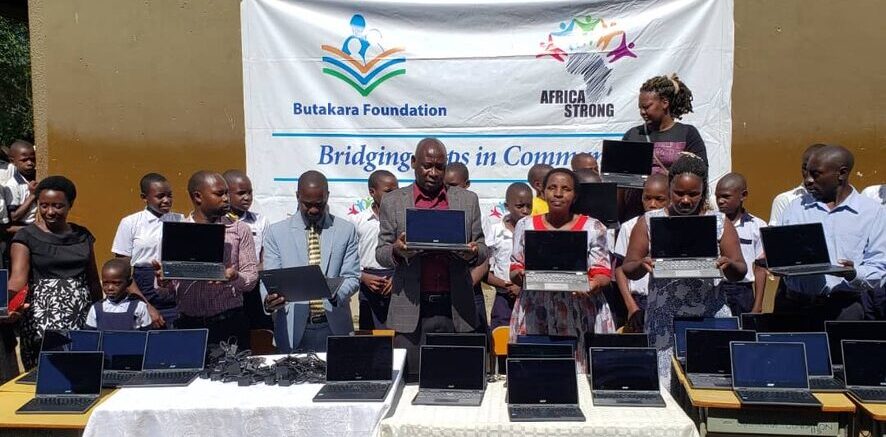Education is a fundamental human right and a powerful tool for social and economic development. However, many students in Africa face challenges such as lack of access to quality education, inadequate infrastructure, insufficient resources, and digital divide. These challenges limit their opportunities to learn, grow, and thrive in the 21st century.
One way to address these challenges is to leverage the power of technology to enhance teaching and learning. Technology can provide students with access to information, skills, and opportunities that can transform their lives and communities. Technology can also empower teachers with tools and resources that can improve their pedagogy and professional development.
However, not all technology is created equal. Some devices are too expensive, too complex, or too fragile to meet the needs of schools in Africa. That’s why Chromebooks are needed to advance education and help with education equity in Africa.
Chromebooks are versatile, intuitive, and secure devices that run on Chrome OS, a cloud-based operating system that updates automatically and has built-in virus protection. Chromebooks are designed for education, with features such as:
- Fast boot-up and long battery life that enable students and teachers to work efficiently and productively throughout the school day.
- Robust and durable design that can withstand frequent use and harsh conditions in schools.
- Shareable and manageable profiles that allow multiple students to use the same device with their own school Google accounts, while administrators can easily configure and monitor the devices via the web-based Google Admin console.
- Built-in Google Workspace tools such as Gmail, Drive, Docs, Slides, Sheets, Classroom, Meet, and more that enable collaboration, communication, creativity, and critical thinking among students and teachers.
- Access to millions of Android apps that can enrich the learning experience and support various subjects and curricula.
Chromebooks are also affordable and sustainable devices that have a lower total cost of ownership than other devices. According to a study by IDC, Chromebooks can save schools up to 61% in device costs, 76% in IT labor costs, and 82% in device downtime costs over three years compared to other devices.
Chromebooks are already making a positive impact on education in Africa. For example:
- In South Africa, Cloud Edu is a company that provides Chromebooks and Google Workspace for Education solutions to schools across the country. Cloud Edu helps schools transform their teaching and learning practices with Chromebooks, which are fast, secure, shareable, easy to manage, robust, affordable, and sustainable.
- In Kenya, Elimu Holdings is a social enterprise that provides digital learning solutions to low-income schools. Elimu Holdings uses Chromebooks to deliver interactive and engaging content that aligns with the national curriculum and supports student achievement.
- In Ghana, iSpace Foundation is a non-profit organization that supports innovation and entrepreneurship in the country. iSpace Foundation uses Chromebooks to run coding clubs for girls in rural areas, where they learn how to create websites, apps, games, and animations using Scratch.
These are just some of the examples of how Chromebooks are needed to advance education and help with education equity in Africa. By providing students and teachers with access to quality technology that supports their learning goals and needs, Chromebooks can help bridge the digital divide and unlock the potential of the next generation of African leaders.
